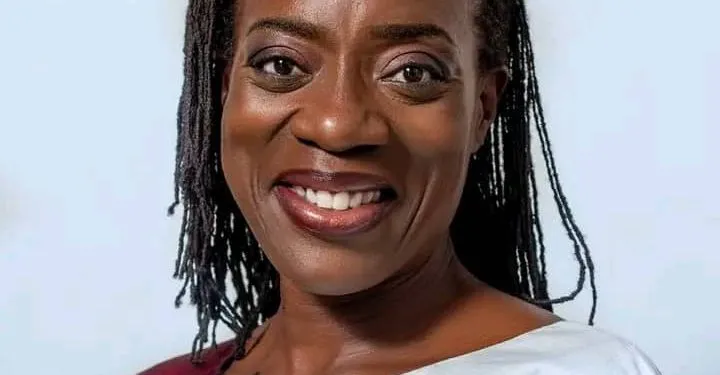Michèle Ndoki, a prominent Cameroonian lawyer and political activist, has openly acknowledged that the Cameroon Renaissance Movement’s (MRC) decision to boycott the 2020 elections was a “mistake”. In a recent interview on Carrefour Television, Ndoki reflected on this pivotal moment and outlined her vision for Cameroon’s future following her departure from the MRC.
Reevaluating the 2020 Election Boycott
The MRC’s 2020 election boycott was a significant political manoeuvre aimed at protesting the government’s handling of the Anglophone crisis and advocating for electoral reforms. However, this decision had profound implications for the party’s political influence and the broader opposition landscape. By abstaining from participation, the MRC inadvertently ceded political ground to the ruling party, diminishing its legislative presence and limiting its capacity to effect change from within the system.
Ndoki’s recent confirmation comes at a time when the MRC is under intense pressure to establish a candidate for the upcoming presidential elections.
“Not participating in the elections of 2020 was a mistake,” she said, highlighting the need for active engagement in the political process to drive meaningful change. This acknowledgement also resonates with critiques from political analysts who argue that boycotts can lead to political marginalisation. Many have argued that the MRC made a fundamental blunder, similar to that made by the Social Democratic Front in the 90s.
Formation of ‘Les Bâtisseurs de la Nation’
Ndoki’s departure from the MRC in July 2023 was a turning point in her political journey. While she expressed disagreement with the party’s decision to exclude her, she maintained respect for the process.
“I respect the decision that was taken, even if I don’t agree with it,” she said. This suggests that internal dynamics and challenges to party leadership may have influenced her exit.
Despite this, Ndoki emphasised her respect for Professor Maurice Kamto, the MRC leader, acknowledging his contributions to Cameroonian politics.
In the wake of her departure, Ndoki launched “Les Bâtisseurs de la Nation”, a movement distinct from traditional party politics. This initiative seeks to bridge the gap between political entities and the populace, focusing on grassroots mobilisation and citizen engagement.
A cornerstone of this movement is the ambitious plan to deploy 10,000 election observers in the upcoming presidential elections, aiming to enhance transparency and public trust in the electoral process. Ndoki articulated her vision by stating, “There is a disconnection between political parties and the reality of the Cameroonian people,” highlighting the necessity for a more inclusive political discourse.
Critique of Governance and Advocacy for Reforms
Ndoki has been vocal in her critique of the current administration, pointing out unfulfilled promises and a perceived lack of competence within the executive branch. She advocates for the recognition of dual nationality to leverage the potential of the Cameroonian diaspora, asserting, “We need to recognise double nationality.” This perspective aligns with broader calls to modernise national policies to reflect the realities of globalisation and migration.
Addressing the origins of movements like the Brigade Anti Sardines (BAS), Michèle Ndoki acknowledges them as reactions to systemic issues such as poor governance and corruption. While condemning violence, she emphasises the importance of understanding the underlying causes that drive such movements. Furthermore, Ndoki expresses concern over youth emigration, highlighting the collective responsibility to create a conducive environment within Cameroon to retain its young talent.
Her willingness to collaborate with all individuals dedicated to the nation’s well-being is evident in her statement, “I am ready to work with everyone who has the interest of Cameroon at heart.”
Engagement with Authorities and Future Outlook
Ndoki’s activism has not been without challenges. In January 2025, she was summoned by the Judicial Police following a complaint by the prefect of Wouri against her NGO, “Les Bâtisseurs de la Nation”, highlighting the contentious nature of her advocacy work. Despite such hurdles, Ndoki remains steadfast in her commitment to political engagement and reform. She expressed satisfaction with the interview format and hopes that more political leaders will participate in similar discussions, fostering a culture of open dialogue and accountability in Cameroon’s political arena.
Michèle Ndoki’s journey reflects a broader narrative within Cameroonian politics—a shift towards citizen-centric movements and a reevaluation of traditional political strategies. Her acknowledgement of past mistakes and proactive approach to future engagements offer insights into the evolving dynamics of opposition politics in Cameroon.


